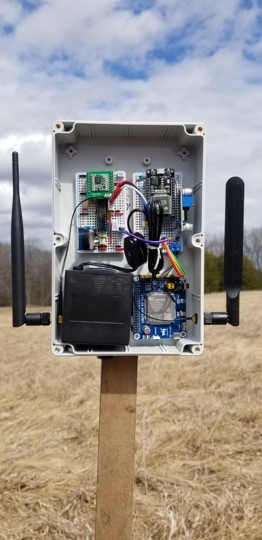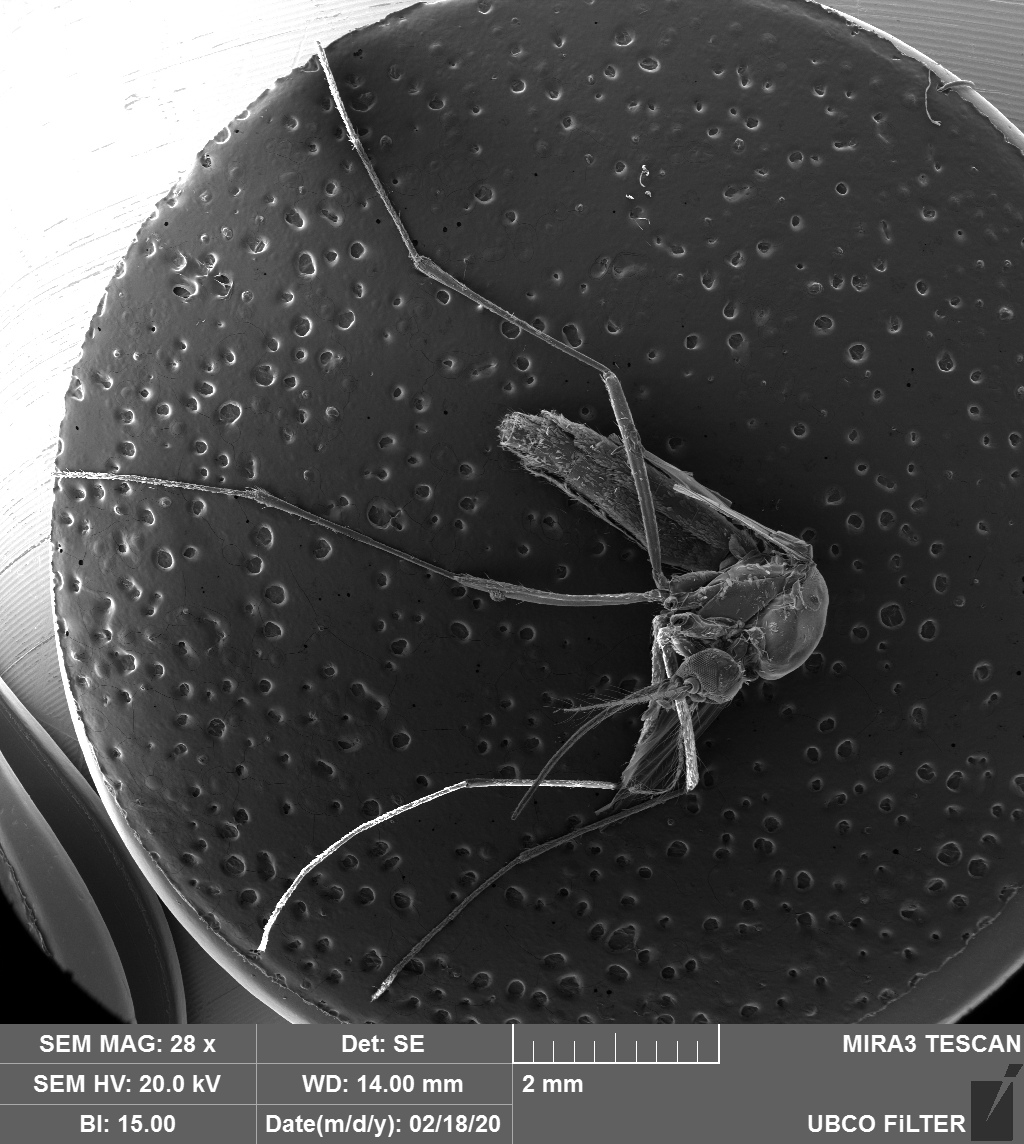In January 2022, CGEN inaugurated the Global Engineering Seed (GESeed), a fund which aims to support community-engaged, socially-impactful engineering research. Through Round 1 of this fund, the Centre has provided funding to six multidisciplinary projects which engage 9 faculty across the University and eight external collaborators. In January 2023, CGEN launched the call for proposals for the 2nd round of GESeed and have added six additional projects by Spring 2023. These projects also focus on a broad range of complex engineering challenges including environmental and WASH issues in First Nations in Canada and the Global South, smart agriculture, and low-cost diagnostic of STDs. Since summer 2023, the GESeed funding has helped these projects’ growth significantly, expanded the research teams’ reputations with key multilateral development agencies, resulted in robust field-study planning, and enabled knowledge mobilization with peers through international conferences.
Round 1 Funded Projects
A Large-scale Low-Cost Environmental Monitoring System for Smart Agriculture
Principal Investigator: Jorg Liebeherr
External Partner: Indian Institute of Technology Bombay
 This project aims to design, test, and provide a proof of concept for a low-power, low-cost networking system to support large-scale environmental sensing. The primary application domain of this network solution is smart irrigation for rural farms in India. More broadly, the research seeks to meet the need for affordable environmental sensing of large geographic areas in the presence of no or sparse telecommunication infrastructures. The network system consists of a mesh radio network architecture that takes advantage of the emerging Long Range Radio (LoRa) physical layer, which achieves medium-distance radio transmissions with low power consumption. Nodes in the mesh network forward each other’s data, thereby extending the communication range of LoRa modules and providing coverage of more than 10 km2.
This project aims to design, test, and provide a proof of concept for a low-power, low-cost networking system to support large-scale environmental sensing. The primary application domain of this network solution is smart irrigation for rural farms in India. More broadly, the research seeks to meet the need for affordable environmental sensing of large geographic areas in the presence of no or sparse telecommunication infrastructures. The network system consists of a mesh radio network architecture that takes advantage of the emerging Long Range Radio (LoRa) physical layer, which achieves medium-distance radio transmissions with low power consumption. Nodes in the mesh network forward each other’s data, thereby extending the communication range of LoRa modules and providing coverage of more than 10 km2.
The network can operate without central coordination or management and is self-healing, in the sense that it can adapt to node failures. Among the key objectives for the final design is the imperative to keep the cost of each network node below 20 CAD and to reduce power requirements such that each node can operate for one year on two AA batteries. The mesh network will be integrated into a sensing platform, called Soilsens, that has been developed by CGEN’s collaborators at IIT-Bombay, and which has been deployed in multiple irrigation projects in India. By replacing the cellular radios of the current platform by those mesh network nodes, we can significantly reduce costs and enable the development of remote sensing systems on a massive scale. The research of this project includes protocol design and optimization, simulation experiments, outdoor measurements of prototype systems, and a field deployment.
Cleaner Air for an Indigenous Community Heavily Impacted by Energy Development
Principal Investigator: Professor Jeff Brook
Co-Investigators: Greg Evans, Arthur Chan, Jeffrey Siegel
External Partners: Fort McKay First Nation Sustainability Department, AUG Signals Ltd.
Fort McKay, AB, is a First Nation and Metis community surrounded by oil sands development. Air quality is a major concern for all stakeholders. Despite improvements for some pollutants, the community suffers from odours and dust accumulation. These are the ‘visible’ tip of the iceberg in regards to environmental health concerns. Ongoing bitumen extraction, including nearby growth of surface mining, means prospects for a return to the air quality they once knew are small. Scientific evidence is needed to support community driven initiatives towards continual improvement. Specifically, the community is planning to retrofit all homes and buildings with air cleaning technologies. However, there are critical questions regarding the efficacy of this approach in reducing exposures and how it can be designed to have the greatest benefit. All stakeholders recognize that air cleaning is not the ideal solution, but a necessary alternative.
This project will help the community evaluate the effectiveness through measurements in the outdoor and indoor air before, during and after pilot installations. The goal is to ensure the investments are effective and that optimal operation parameters of the systems are determined early on as the effort is scaled-up. Moreover, climate change related forest fires will increasingly put many rural/remote first nations communities at risk of poor air quality, and indoor air cleaning is increasingly being recognized as a necessary adaptation measure. Thus, the lessons learned in Fort McKay will have benefits across many communities in Canada.
A Physical Anti-Mosquito Paint for Vector-Borne Disease Mitigation
Principal Investigator: Kevin Golovin
External Partner: Loop Recycled Products
 Recent research has found that mosquitoes cannot adhere to surfaces of a certain smoothness. This project aims to explore the feasibility of developing a paint that imparts this smoothness to everyday surfaces (wood, brick, stone, etc.), rendering it with “anti-mosquito” properties, as surfaces exhibiting this smoothness would force the insects to reside elsewhere when it comes time for a blood meal. This in turn would then mitigate the transmission of vector-borne diseases such as malaria, dengue, zika, and chikungunya. The paint will be optimized so that it may be applied to many different substrates and still achieve the desired smoothness that repels mosquitos. The anti-mosquito properties will be verified using live colonies of Aedes aegypti mosquitoes, the most prevalent vector for dengue. Cages housing 500 – 1000 female mosquitoes (only females bite humans) will be constructed where one cage wall can be exchanged for a painted surface. The ability of the mosquitos to land on this wall will then be monitored using both regular and high-speed cameras. The project is being carried out in partnership with Ontario-based recycled paint manufacturer, Loop Recycled Products, who regularly supply free paint to many underserved communities across the Global South.
Recent research has found that mosquitoes cannot adhere to surfaces of a certain smoothness. This project aims to explore the feasibility of developing a paint that imparts this smoothness to everyday surfaces (wood, brick, stone, etc.), rendering it with “anti-mosquito” properties, as surfaces exhibiting this smoothness would force the insects to reside elsewhere when it comes time for a blood meal. This in turn would then mitigate the transmission of vector-borne diseases such as malaria, dengue, zika, and chikungunya. The paint will be optimized so that it may be applied to many different substrates and still achieve the desired smoothness that repels mosquitos. The anti-mosquito properties will be verified using live colonies of Aedes aegypti mosquitoes, the most prevalent vector for dengue. Cages housing 500 – 1000 female mosquitoes (only females bite humans) will be constructed where one cage wall can be exchanged for a painted surface. The ability of the mosquitos to land on this wall will then be monitored using both regular and high-speed cameras. The project is being carried out in partnership with Ontario-based recycled paint manufacturer, Loop Recycled Products, who regularly supply free paint to many underserved communities across the Global South.
Optimal Irrigation Control in Environments Impacted by Climate Change
Principal Investigator: Chi-Guhn Lee
External Partners: Indian Institute of Technology Bombay, Sensartics Private Limited
As water scarcity continues to impact the most vulnerable populations in the Global South, its effects are bound to become more detrimental due to Climate Change. Nowhere are those impacts felt as much as they are in agriculture, given its heavy reliance on water. This project proposes to address this major challenge by creating a system to optimize water use for small-scale farmers. Specifically, this project will develop a decision support tool for irrigation scheduling in collaboration with a team at Indian Institute of Technology Bombay and Senartics Private Limited, who have developed a lasting relationship with farmers in Maharashtra, India.
The optimal irrigation problem will be cast as a stochastic optimal control with the objective of minimizing the water usage while achieving a pre-set level of yield among participating farmers. The dynamics of the soil moisture is described by the farmscale ecohydrological model, which is a stochastic differential equation, and used in the solution to the optimal control problem. The model will be built as a function of dynamic factors to model the impact of climate change.
The proposed framework will be tested at two pilot sites in Nashik, Maharashtra, India. The aim will be to achieve a similar (or better) result over the previous work done by the IIT-Bombay Team using static optimization with chance constraints, which reduced irrigation water use by 10%–30% compared to the conventional strategies.
